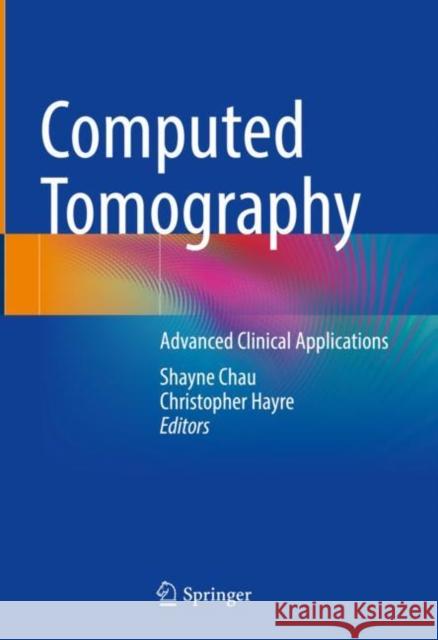topmenu
Wyniki wyszukiwania:
wyszukanych pozycji: 3
 |
Computed Tomography: Advanced Clinical Applications
ISBN: 9789811993459 / Angielski Termin realizacji zamówienia: ok. 16-18 dni roboczych. This edited volume will focus on the advanced elements of computed tomography for an array of audiences, but more specifically, to undergraduate and postgraduate radiographers or CT technologists. This book will draw on the international expertise of advanced topics in CT. Typically, CT practices and approaches differ between hospital sites and workplace environments. As there are currently no universally accepted approaches, the reader can use this book to develop local imaging protocols with adjustments made for patients, the type of scanner and the radiologists’ or physicians’...
This edited volume will focus on the advanced elements of computed tomography for an array of audiences, but more specifically, to undergraduate and p...
|
cena:
603,81 |
 |
Artificial Intelligence and Data Analytics in Medical Imaging
ISBN: 9781032494913 / Angielski / 19-05-2026 Książka dostępna od: 19-05-2026 |
|
Planowany termin premiery książki: 19-05-2026
Książkę można już zamówić z rabatem 5% |
|
832,39 |
 |
Artificial Intelligence and Data Analytics in Medical Imaging
ISBN: 9781032492209 / Angielski / 19-05-2026 Książka dostępna od: 19-05-2026 |
|
Planowany termin premiery książki: 19-05-2026
Książkę można już zamówić z rabatem 5% |
|
328,29 |










